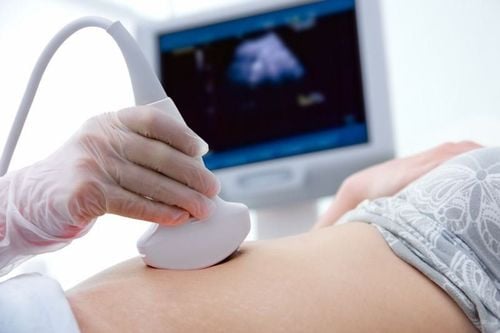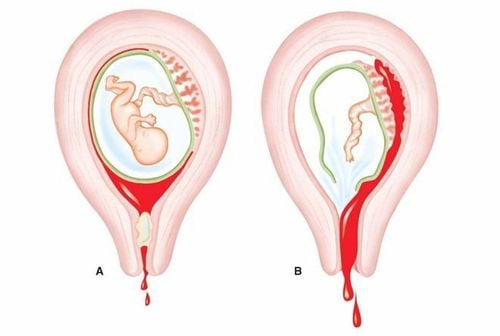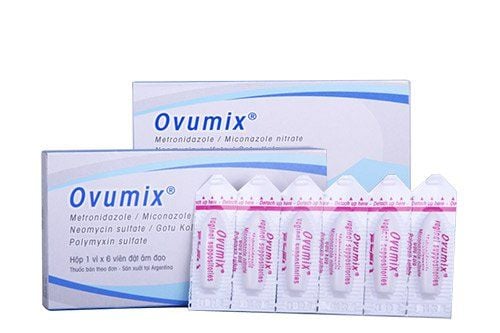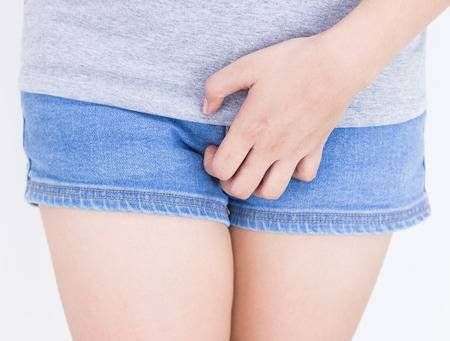This is an automatically translated article.
The article was professionally consulted with Specialist Doctor I Le Thi Phuong - Obstetrician and Gynecologist - Department of Obstetrics and Gynecology - Vinmec Ha Long International Hospital.Nutrition for postoperative patients plays a very important role after surgery to lose blood and strength. In particular, after gynecological surgery or gynecological surgery for short, you must have a good diet, provide enough nutritional needs to fight infection and quickly heal the incision, restore health to the patient. .
1. Metabolic phases after gynecological surgery
First stage: From day 1 to 2 After gynecological surgery At this stage, due to the influence of anesthesia, body temperature increases, metabolism requires a lot of nitrogen and potassium, making nitrogen and potassium balance negative. It can lead to paralytic ileus, the patient feels very tired and bloated after gynecological surgery.Middle stage: From day 3 to 5 after surgery. Usually by this time bowel movements have returned to normal, and the patient can pass bowel movements. The patient is more alert, has a feeling of hunger but still does not want to eat.
Recovery phase: From day 6 after surgery To this stage, gynecological surgery patients can defecate, urinate normally, blood potassium levels gradually return to normal, incisions are dry and healed. Patients have a feeling of hunger, family members can give them an increased amount of food to restore nutrition quickly.
2. Nutrition after surgery
You may lose your appetite in the first few days after gynecological surgery, so eat small meals, regular foods or light and soft seasonings. However, if you are unable to eat or drink anything or if you vomit more than that, tell your doctor.Nutrition in the first stage
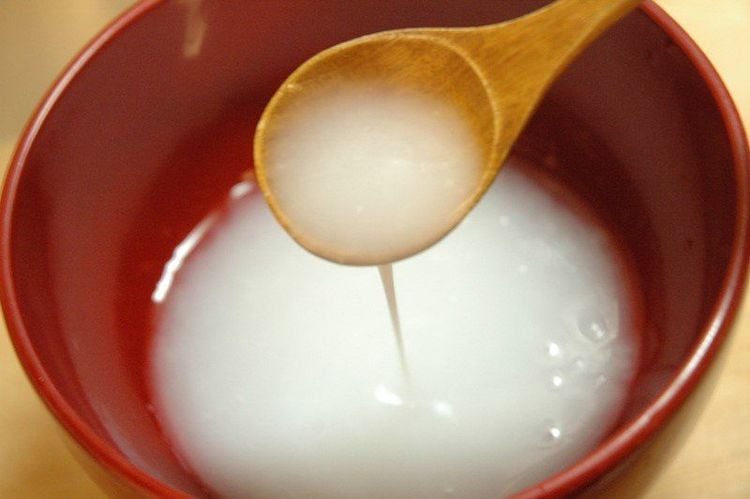
Today, it is found that late feeding is not beneficial for gynecological surgery patients. The half-life of intestinal cells is 24 hours, if not fed early, these cells may become necrotic and the intestinal microflora will penetrate through the intestine into the bloodstream. Early enteral nutrition also brings many other benefits to gynecological surgery patients. Therefore, scientists have carried out early nutrition by gastrointestinal from the first day, even the 8th hour after gynecological surgery and have brought good results.
Middle phase Feed the patient with gynecological surgery gradually and gradually reduce intravenous infusion. The ration gradually increased energy and protein. Nutrition for gynecological surgery patients starts from 500Kcal and 30g protein, then every 1-2 days increase by 250-500Kcal until reaching 2,000Kcal/day.
Some people think that after surgery, if you eat bird or chicken meat, the incision will fester, itch, and hurt; eating seafood, water spinach will have keloids; eating beef gynecological disease will take a long time to heal and the intimate area will be dark; eating eggs scars are discolored... This is a misconception. So far, there has not been a scientific work to prove that foods such as beef, chicken, seafood... are the cause of keloid scars, itching, dark incisions, discolouration, etc. According to each person's body, the healing process will be different, but if too much abstinence will make the body exhausted, it will not have enough resistance to heal wounds, restore health, leading to the risk of infection. or slow wound healing after gynecological surgery.
Eat milk, should be used in the form of milk mixed with porridge. Should use skimmed milk powder, soy milk. For patients after surgery gynecological disease to eat many meals (4-6 meals). Because the gynecological surgery patient is still anorexic, so it is necessary to encourage the patient to eat. Can use meat juice when the patient after treatment for gynecological disease can not use milk.
Eat soft foods, limit fibrous foods. Use foods rich in vitamins B, C, PP such as orange juice, lemon...
Recovery phase
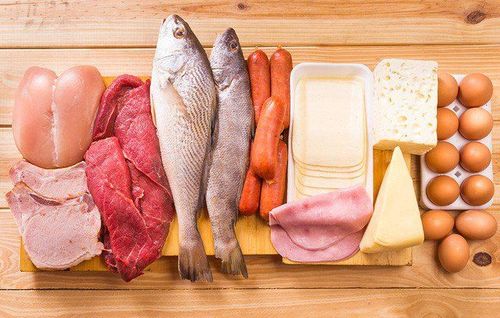
Patients should use a lot of milk, eggs, meat, fish, beans to provide protein and fruits to increase vitamin C and B vitamins.
It should be noted that the patient's nutrition by parenteral nutrition vein is essential at first. However, the patient must be nourished by the gastrointestinal tract soon. This not only has the effect of nourishing the patient after gynecological surgery more physiologically, safely, and economically, but also has the effect of activating the digestive system to return to normal soon.
Use a diet through a catheter if eating by mouth is not enough, then gradually feed the patient with gynecological surgery by mouth. Feed many meals a day, gradually increase the amount of protein and energy, do not feed too much at once to avoid diarrhea after gynecological surgery.
Proper nutrition not only contributes to health but also helps to recover health after gynecological surgery in the fastest and most sustainable way. With a team of leading nutritionists in Vietnam, Vinmec International Hospital is proud to be the number one facility in caring and consulting for women after gynecological surgery.
Please dial HOTLINE for more information or register for an appointment HERE. Download MyVinmec app to make appointments faster and to manage your bookings easily.





